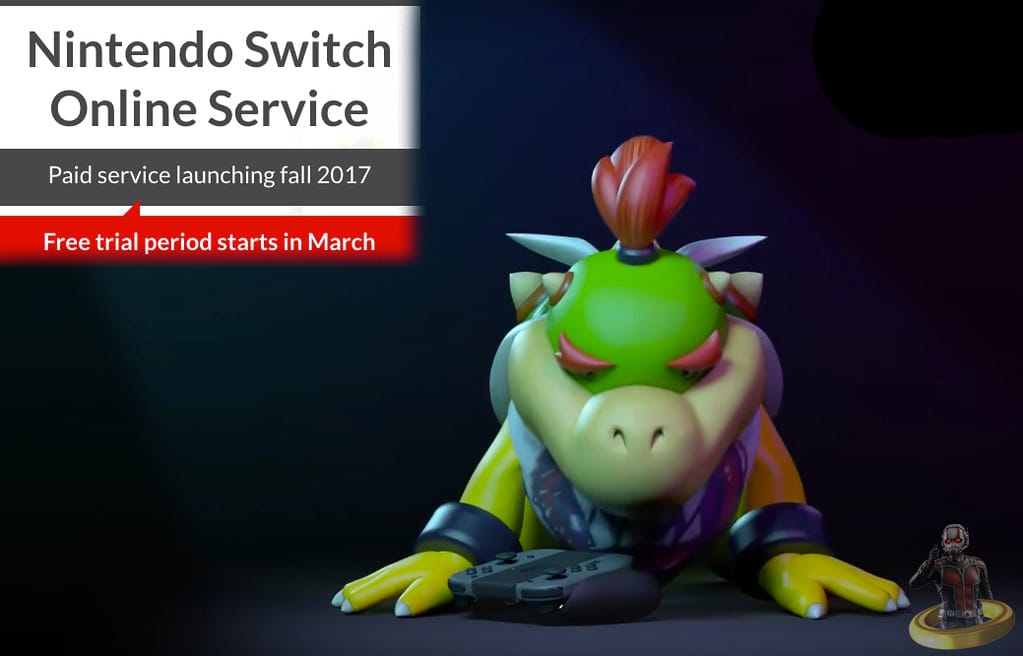Sony Doubles Down: Why PlayStation Plus Won't Get Day-One First-Party Games
Sony Interactive Entertainment has once again firmly rejected the possibility of releasing its blockbuster first-party titles on PlayStation Plus from day one, setting itself apart from competitors like Microsoft's Xbox Game Pass strategy. This decision continues to spark debate among gamers and industry analysts about subscription service models and their impact on gaming's future.
The Subscription Service Divide
While Microsoft has made day-one Game Pass releases a cornerstone of its strategy—launching titles like Halo Infinite, Forza Horizon 5, and Starfield directly into its subscription service—Sony maintains a fundamentally different approach. PlayStation Plus, despite its recent restructuring into Essential, Extra, and Premium tiers, still requires subscribers to wait months or even years before major exclusives join the catalog.
Sony's reasoning centers on protecting the premium value of its AAA investments. Games like The Last of Us Part II, God of War Ragnarök, and Horizon Forbidden West command $70 price tags at launch, generating immediate revenue that funds future development cycles.
The Economics Behind the Decision
Revenue Protection Remains Priority
Sony's first-party titles consistently rank among the industry's best-sellers. God of War Ragnarök sold over 5.1 million copies in its first week, while Horizon Forbidden West moved 20 million units across PlayStation platforms. Launching these titles on PlayStation Plus day-one would potentially cannibalize sales worth hundreds of millions in immediate revenue.
Development Costs Continue Rising
Modern AAA game development costs have skyrocketed, with some Sony exclusives reportedly exceeding $100 million in production budgets. The company argues that immediate subscription inclusion would undermine the financial model that enables such ambitious projects.
Market Performance Validates Strategy
Sony's approach appears to be working from a business perspective. The PlayStation 5 has sold over 50 million units despite supply constraints, and exclusive titles remain major system sellers. The company's gaming division reported record revenues of $24.4 billion in fiscal year 2023, suggesting their current model successfully monetizes content.
PlayStation Plus has grown to over 47 million subscribers across its three tiers, demonstrating healthy adoption without day-one exclusives. The service adds first-party titles typically 12-24 months after release, maintaining a balance between subscription value and premium sales.
Industry Implications and Future Outlook
Different Philosophies, Different Results
The contrast between Sony and Microsoft's strategies reflects broader industry questions about sustainable business models. Microsoft's aggressive Game Pass expansion, while popular with consumers, has raised questions about long-term profitability, especially as the service reportedly hasn't yet turned a profit despite its massive growth.
Consumer Expectations Shifting
However, Sony faces growing pressure as consumer expectations evolve. Younger gamers increasingly prefer subscription access over individual purchases, and competitors continue expanding their day-one offerings. Epic Games Store's free weekly games and Apple Arcade's comprehensive catalog demonstrate alternative approaches gaining traction.
The Competitive Landscape
Sony's decision becomes more significant when viewed against industry trends. Microsoft's Xbox Game Pass Ultimate offers day-one releases, EA Play provides early access, and cloud gaming services are expanding rapidly. Sony's PlayStation Now merger into PlayStation Plus Premium offers cloud streaming, but without the day-one exclusives that define competing services.
Regional Considerations
In emerging markets where $70 games represent significant purchases, subscription services with day-one releases offer compelling value propositions. Sony's strategy may face greater challenges in these regions as alternatives become more attractive.
Looking Ahead
Sony's unwavering stance on day-one PlayStation Plus releases reflects confidence in its content quality and market position. The company continues betting that exclusive titles like the upcoming Marvel's Spider-Man 2 and Wolverine will drive hardware sales and premium software purchases.
Key Takeaways:
- Sony prioritizes immediate revenue from $70 game sales over subscription growth
- The strategy currently generates record gaming division revenues
- Consumer expectations may eventually force reconsideration of this approach
- Different business models suggest multiple viable paths for the industry's future
As the gaming landscape continues evolving, Sony's commitment to its current model will face ongoing scrutiny. Whether this approach remains sustainable long-term depends largely on maintaining the exceptional quality that justifies premium pricing while competitors offer immediate access through subscription services.
